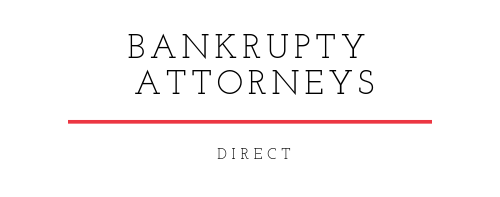Bankruptcy Lawyer
By law, consumers are protected against pesky and unfair debt collection strategies. Depending on the state you reside in, there may be increased protections. Perhaps one of the biggest complaints consumers have about calls, emails, and letters from debt collectors demanding payment, is that they may be incessant and even aggressive in nature. While being an annoyance is not necessarily breaking the law, there are ways that this relentlessness turns into harassment.
An attorney is aware of the ways that debt collectors may pester consumers for payments. We can help you take action if a debt collection agency has potentially broken the law by committing any of the following:
Attempting to Collect Debts Not Owed
Consumers who are being asked to pay for a debt that they believe is not really theirs can request in writing within 30 days of the first notice for debt verification. You can also put in writing that you are not permitting the debt collector to continue contacting you through any means.
Not Providing Written Notifications
By law, a debt collector must send you a written notification pertaining to the debt within five days of the first contact. In this notice letter, the debt collector must include information related to the amount owed, the name of the original creditor, and a statement regarding your right to dispute the supposed debt.
Calling at Inappropriate Hours
Debt collectors cannot call a consumer demanding payment prior to 8 o’clock in the morning, or after 9 o’clock in the evening (unless you have allowed them to do so). Additionally, if you have informed the debt collector that specified hours are inconvenient, the agency could be violating the law.
Debt collectors cannot repeatedly call just to harass you either. If a debt collector is calling so much that your daily life is being interfered with, please call a bankruptcy lawyer today.
Threatening Legal Action
Some sneaky debt collection agencies may threaten the consumer with a lawsuit, being arrested, wage garnishment and/or a ruin of credit score unless they pay up. These types of threats are often illegal, unless the agency has the legal authority to do so. In general, debt collectors must take you to court and win the case before such actions can be performed.
Contacting Those You Know
It is against the law for debt collectors to contact family, friends, neighbors, partners, or employers regarding your debts if they are unable to reach you. If the debt collector was granted permission to do so by the consumer, the agency cannot reveal personal information about the debt owed to loved ones. Furthermore, there are limitations to how many calls can be made within a certain period of time.
If you are being pestered by incessant debt collection calls, please call us right away so we can intervene. An attorney can give you more information about your rights and protections as a consumer, and advise you on the best course of action to get the harassment to stop. Call today before you receive yet another unlawful debt collection attempt.
